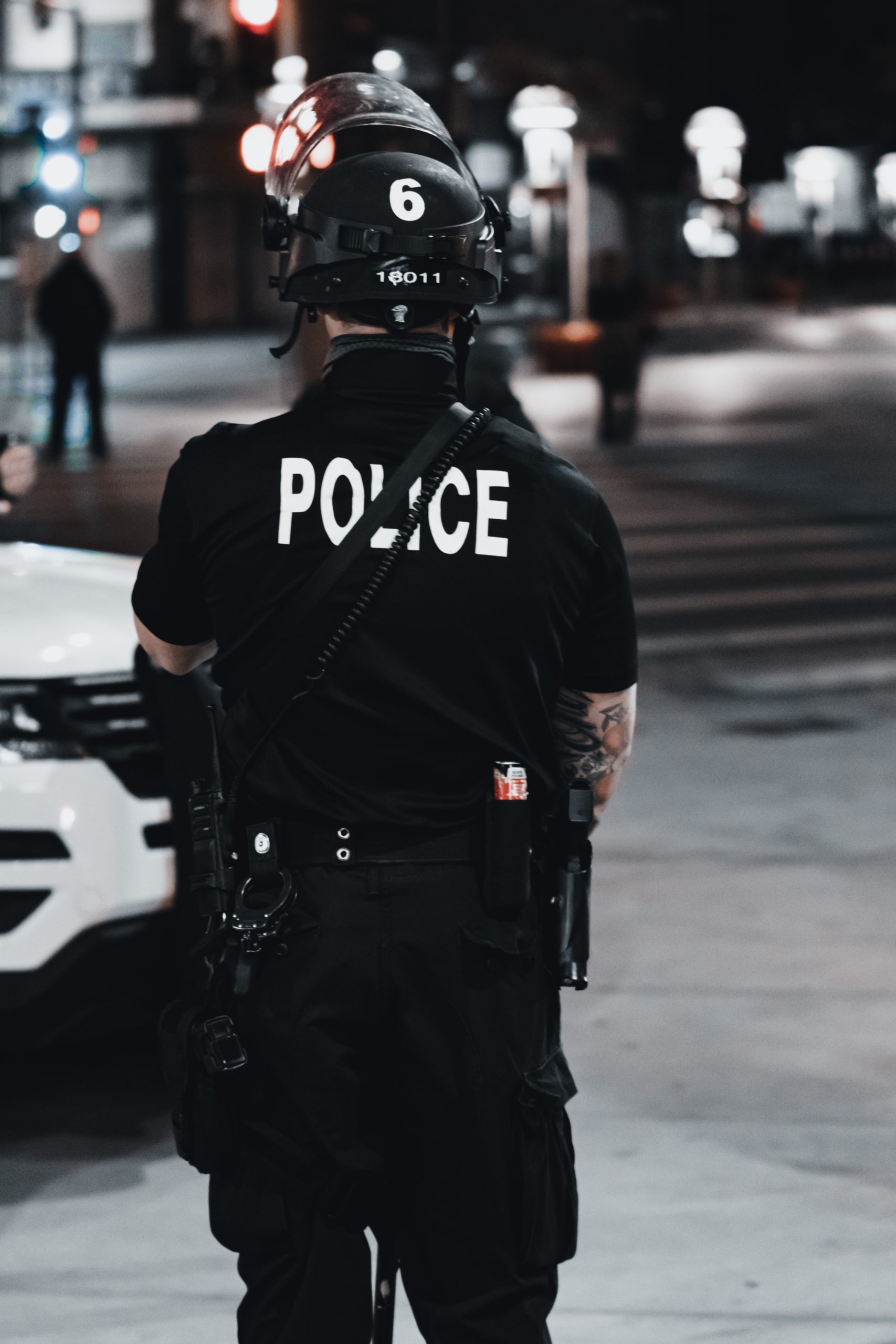
Is Videotaping the Police an Obstruction of Justice?
By: Jordan S. Rudin – on behalf of The Umansky Law Firm, Orlando, FL
The author of this article is not an attorney and nothing in this article should be considered legal advice.
In recent years multiple people across the State of Florida, and in Orlando in particular, have been arrested and charged with obstruction of justice or resisting arrest without violence for doing nothing more than videotaping police. Even scarier is that some are being arrested, brought to jail and the charges filed against them are dropped after they hire a criminal attorney because the arrest was unlawful. I am not talking about people who obstruct justice by interfering with the officer, or resist arrest with violence. The people I am talking about are simply observing a public officer in a public place while they are interacting with the public and putting that interaction on videotape. Is this a valid use of our legal system’s resources? What are the police worried about happening if they are videotaped if they aren’t doing anything wrong? As police officers, these men and women are afforded certain discretion, and with that discretion comes their ability to deprive us of our constitutional rights to ensure that we are not imposing on the rights and freedoms of others. It is this discretion which can allow an officer to let you go with a warning on when they pull you over or put you in handcuffs and take you to jail for resisting arrest. Discretion is also what can lead to corruption, bribery and excessive use of force. In the past there was little the general public or attorneys could do to provide the evidence needed to pursuit a case against these officers.
Recording in Public is a Constitutional Right
For decades the courts have said that the right of the people to take pictures and to film in a public place is protected by the First Amendment. But state officials and police departments are still manipulating the language of outdated laws in an attempt to force compliance from law abiding citizens. In early 2011 a man was arrested in Massachusetts for wire tapping. He was walking past a public park in Boston and used his cell phone to record a police interaction where he believed excessive force was being used. The officers arrested him citing the wiretapping statute since audio as well as video was being recorded. Eventually, all the charges were dropped against him and the court said that while he was not using a “traditional” video camera, the officer should have known the phone was capable of recording audio. The man later retained an criminal defense attorney and filed a lawsuit against the police officer and the City of Boston. On August 26, 2011 in the matter of Glik v. Cunniffe the Honorable William G. Young, U.S. District Judge for the U.S. Court of Appeals ruled that “Mr. Glik was exercising clearly-established First Amendment Rights in filming the officers in a public space, and that his clearly-established Fourth Amendment rights were violated by his arrest without probable cause.”
The major foundation for this issue is a reasonable expectation to privacy. Matters as sacred and protected by our legal system as a conversation between a doctor and her patient, or even between a priest and one of his parishioners is voided if their conversation takes place somewhere that the two do not have a reasonable expectation of privacy. Why should we afford government officials more protection than we give our doctors and members of the clergy? Additionally this is how the government has established its right to put up surveillance cameras and install dashboard cameras in squad cars without the need for a warrant. It is difficult, if not impossible, for laws to keep up with rapidly changing technology. Wire tapping and other laws that worked well with the technology from decades past now have the possibility to be manipulated by police to make the public do what they say. It is not until a citizen or criminal defense lawyer stands up in court and challenges the laws which clearly violate established constitutional rights fundamental to our way of life.


